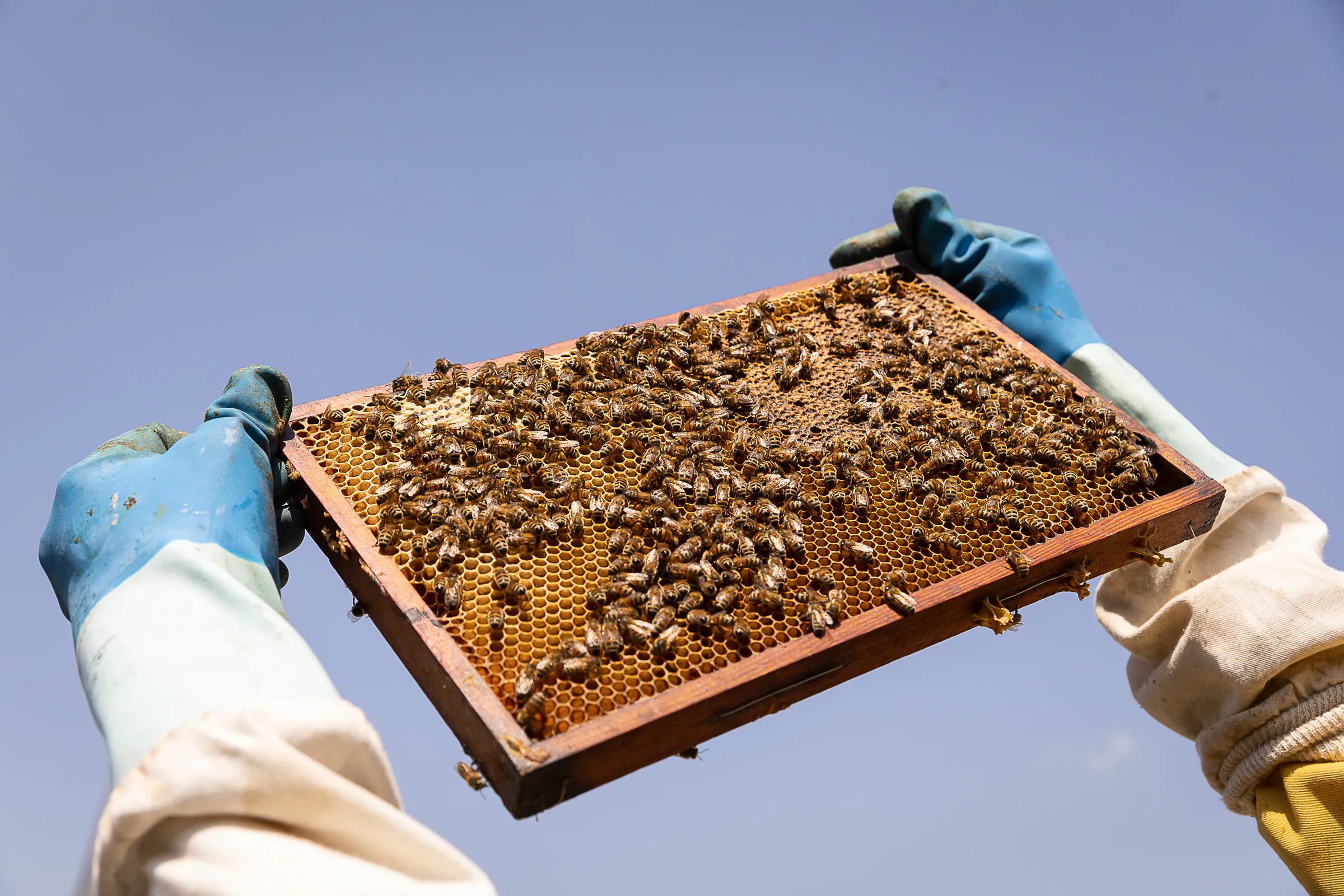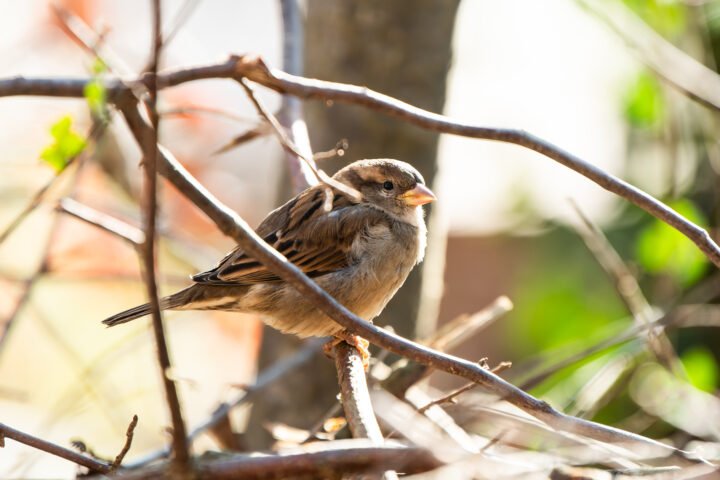Bee mortality in Belgium rose for the third year in a row. 31.2 per cent of colonies failed to survive from autumn 2023 to summer 2024, according to the Federal Agency for the Safety of the Food Chain (FAVV).
The primary culprits were the varroa mite, a parasitic threat, and the invasive Asian hornet. Unfavourable spring and summer weather also contributed to the losses. FAVV also reported 13 cases of European foulbrood, a bacterial disease, down from 20 the previous year.
The mortality rate surpasses that of recent years, up from 27.2 per cent in 2022-2023 and 21.8 per cent in 2021-2022. A worse rate was last recorded in 2012-2013 (32.4 per cent).
FAVV monitors bee populations three times annually and checked 731 colonies across 185 sites in 2023-2024. Belgium currently counts 11,300 beekeepers, with numbers rising steadily for over a decade.
To support bees, the public is encouraged to plant flowerbeds rather than lawns and to provide shallow water dishes with pebbles to prevent drowning.










